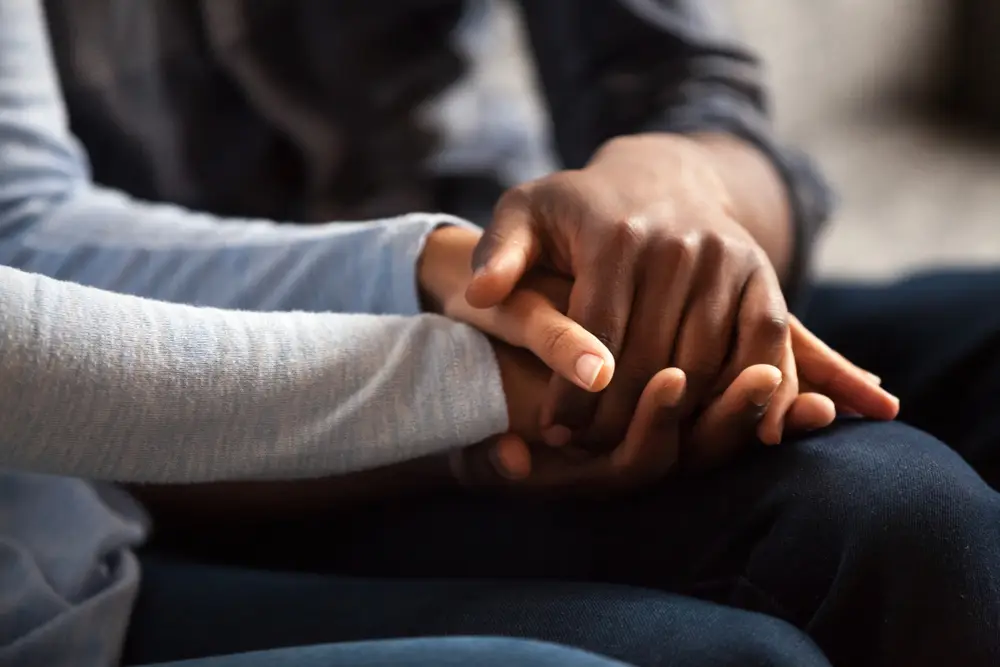Finding a skilled, compassionate attorney with a proven track record is one of the most important steps a survivor can take toward justice. SurvivorsRights.com is here to help. While no legal process can undo the harm caused by sexual abuse, having the right legal ally can make a meaningful difference in your healing and recovery journey.
Whether you’re ready to pursue a lawsuit now—or just exploring your options—we may be able to connect you with an attorney experienced in sexual abuse litigation.
Fill out the brief, confidential form below. There’s no pressure and no obligation. If appropriate, our intake team will refer you to a trauma-informed attorney who understands how to handle sensitive cases like yours.
What Makes a Sexual Abuse Attorney the Right Fit?
Not every personal injury or criminal lawyer has the specialized experience necessary for sexual abuse cases. Survivors deserve to work with attorneys who understand the long-term emotional impact of trauma, and who are dedicated to helping clients feel safe and empowered through every stage of the legal process.
Here’s what to look for:
- Specialization in Sexual Abuse or Assault Cases: Attorneys focused on these cases are more familiar with statutes of limitations, institutional accountability, evidence protocols, and the emotional toll legal proceedings can take.
- Successful Case History: Look for lawyers who have secured meaningful outcomes for clients—whether through confidential settlements, high-profile verdicts, or policy changes.
- Professional Memberships: Attorneys who are part of groups like the National Crime Victim Bar Association (NCVBA) or American Association for Justice (AAJ) are more likely to be deeply involved in advocacy and survivor-centered litigation.
Smart Questions to Ask in Your Free Consultation
Once you’re ready to speak to an attorney, come prepared with questions like:
- How many cases like mine have you handled?
- Do you expect this case to settle, or go to trial?
- How do you support survivors during difficult phases of the case?
- What will it cost me?
The attorneys we work with handle cases on a contingency basis—which means they don’t get paid unless you win.
But beyond logistics, the most important factor is trust. Choose someone who listens, validates your experience, and respects your boundaries.
Your story matters. You deserve to be heard. Let us help you take the next step—on your terms.
Looking for emotional support instead? Explore our list of survivor-focused support organizations here.
